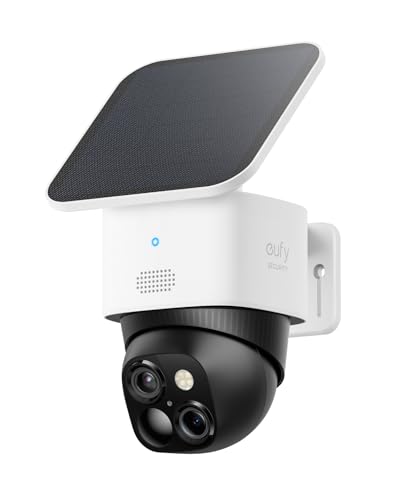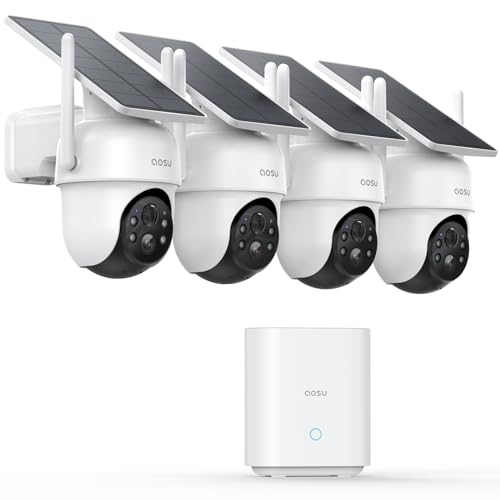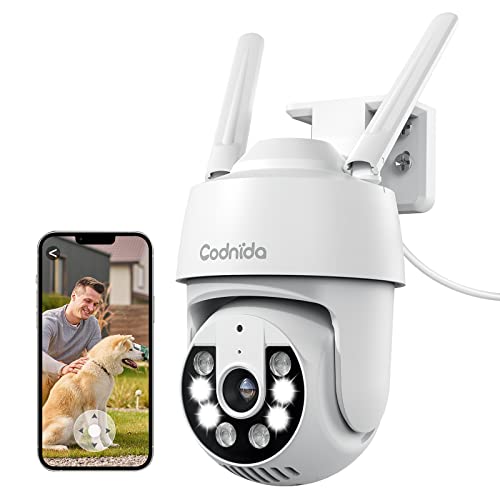Are you breaking the law with your home CCTV? Discover the rules on using cameras to boost your home’s security
Get savvy about the laws on CCTV if you’re using the tech on your property
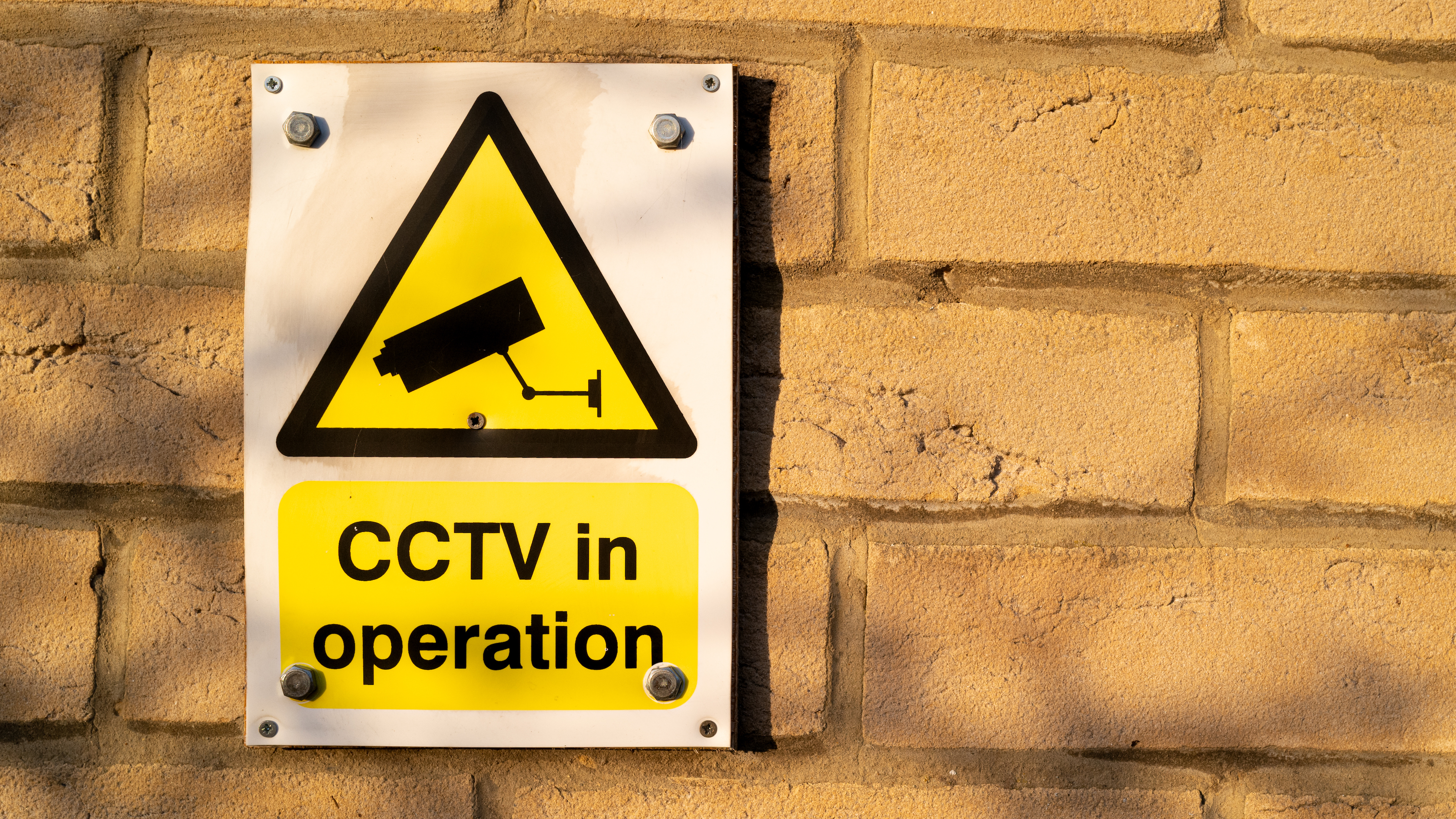
CCTV offers protection for your property, and can make you and your family feel safer at home. But it’s vital to understand that there are home CCTV laws you must abide by.
Home security systems might include CCTV cameras and video doorbells, and if these capture video or audio beyond the boundaries of your home, data protection law applies. To avoid falling foul of the law, you must comply with the UK General Data Protection Regulation (UK GDPR), the Data Protection Act (DPA) and the Human Rights Act.
Here, we’re sharing what you need to know so you can be on the right side of law when you’re using CCTV, and there are details on your responsibilities, the principles of data protection and the use of CCTV footage as evidence.
Data protection law
If you’re considering the installation of CCTV, it’s important to become well informed on the law.
“When using CCTV for home security in the UK, you need to balance your security needs with your obligations and responsibilities under several legal frameworks such as the DPA, the GDPR and the Human Rights Act (Article 8 – Right to respect for private and family life),” says Holly Wilkinson, trainee solicitor at SAS Daniels.
Details of the data protection principles are below, but bear in mind, too, the right to privacy. “Article 8 of the Human Rights Act provides the right to respect for private and family life,” says Holly. “Even if the primary purpose of your CCTV is to secure your property, if the cameras capture detailed images of areas where others have a reasonable expectation of privacy – such as a neighbour’s garden or interior windows – this could be seen as a breach of that right.”

Holly Wilkinson is a trainee solicitor in SAS Daniels’ litigation and dispute resolution team. After completing her law degree, Holly went on to study her LPC.
Key principles of data protection
Data protection law has key principles you should know about.
Bring your dream home to life with expert advice, how to guides and design inspiration. Sign up for our newsletter and get two free tickets to a Homebuilding & Renovating Show near you.
Lawfulness, fairness and transparency “Because CCTV footage captures images (and sometimes audio) of individuals you must have a lawful basis to process that data, with CCTV owners often relying on their legitimate interests to secure their own property,” says Holly Wilkinson. “However, this interest must be balanced against the privacy rights of any individuals recorded.”
Purpose limitation, data minimisation and storage limitation “The footage you record should be limited to what is necessary for your home security,” says Holly. “This means adjusting your camera angles so that they do not intrude on areas where people have a reasonable expectation of privacy. Once recorded, data should not be used for purposes other than security, and retention periods must be kept as short as necessary for that purpose.”
Security “The captured footage must be stored securely,” explains Holly. “Additionally, the data must be protected using appropriate technical and organisational measures (eg, encryption, restricted access) to prevent unauthorised access, loss, or misuse,” she says.
The ICO offers a guide to the data protection principles with greater detail.
Shop home CCTV
CCTV users’ responsibilities
What you’ll need to do if you install CCTV depends on where you are filming. “If cameras are positioned to monitor only the homeowner's property, such as a driveway or garden, no special permissions are required,” says Anthony Neary, security expert at Safe.co.uk.
“However, if the cameras capture footage beyond property boundaries, including neighbouring homes or public spaces, homeowners must ensure they are complying with the law.”
It’s vital to give notice about your CCTV use. “You should display clear signs in areas covered by CCTV informing people that a recording is taking place,” says Holly Wilkinson. “By informing passersby and visitors, you help ensure that individuals are aware that their image (and possibly audio) might be captured. Inform your neighbours about your system verbally where possible,” she adds.
As noted above, it is essential to deal with the footage in the correct way. “You must keep the recordings secure and keep access to them to a minimum,” says Holly. “You are responsible for all the information that is recorded by your CCTV system.
“You should not store any information or images for longer than is necessary to protect your property which means you should delete the information once it is no longer required,” she continues.
Be aware that people can make a subject access request (SAR). “Individuals whose data is captured have the right to request access to their images, and homeowners must grant their wishes unless there are legitimate legal grounds to retain the footage,” says Anthony.
People can also request that you, as the owner of the CCTV, delete the footage they are in – the right to erasure. They can also object to your using CCTV to record them, known as the right to object, and you would need a strong reason to continue recording them. As the owner of the CCTV, in most instances you should respond to an SAR, right to erasure or right to object within one calendar month, according to the Information Commissioner’s Office (ICO).
Unlike a business that uses CCTV, you don’t need to register with the ICO, but it may take regulatory action if you don’t comply with your data protection obligations.

Anthony Neary is the founder and security expert at home and business security retailers Safe.co.uk. With over 15 years of industry experience, he specialises in security solutions and how to keep properties safe.
Impact on neighbours
You should consider your neighbours when installing CCTV. “Although permission from neighbours is not a legal requirement, it is advisable to have an open conversation with them, especially if their property may be captured by the cameras,” says Anthony Neary. “Usually, neighbours are fine with this kind of request, as it is added security for them.”
Nevertheless, you should be ready to address questions such as why you are using CCTV; whether you’re recording their property, communal spaces or public areas; if it’s possible to reposition the camera so you aren’t recording these areas; whether you are abiding by data protection law; and whether you’re using filters or privacy blockers.
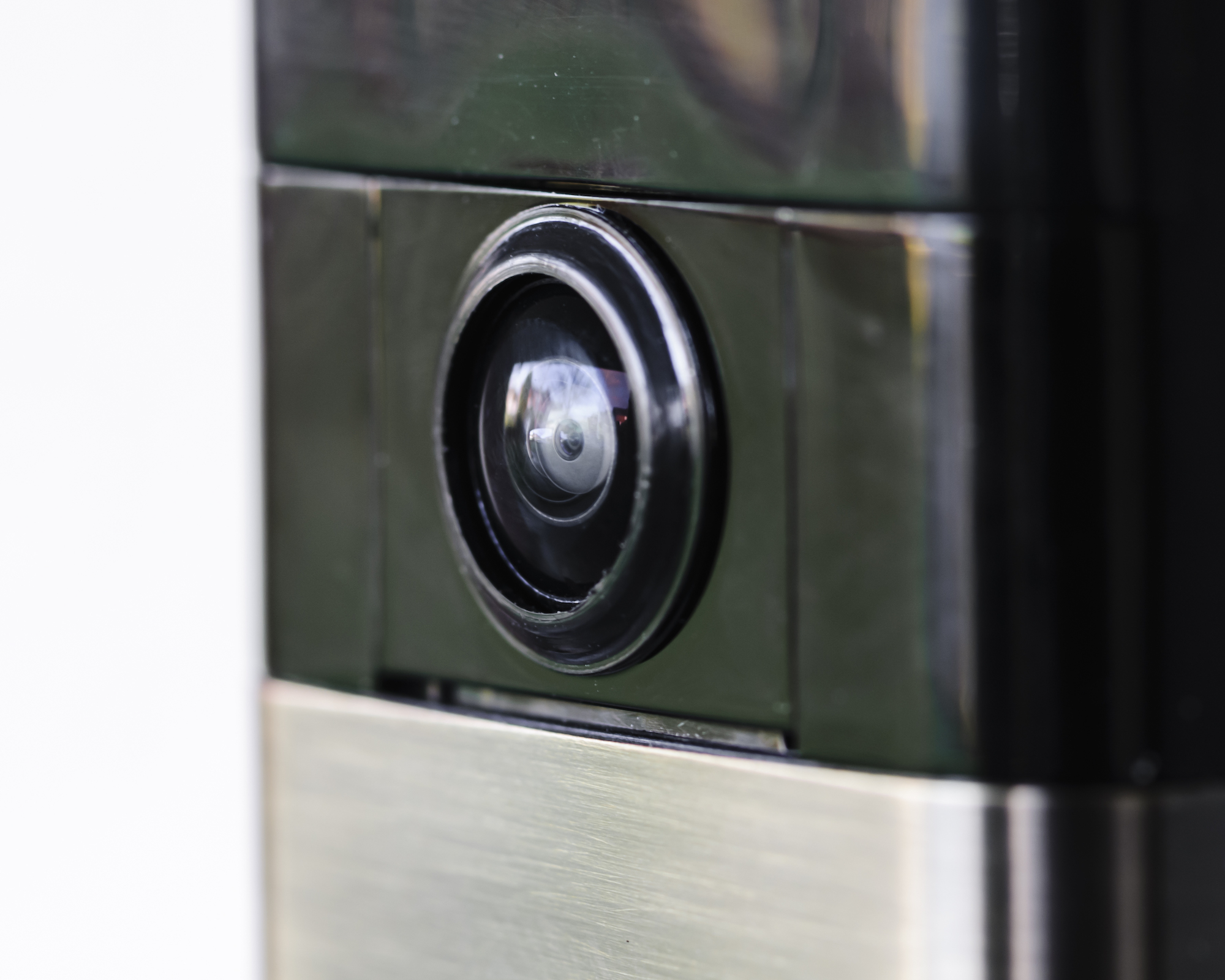
Using CCTV footage as evidence
If your home security is breached, you can use CCTV footage as evidence, as long as it meets conditions that speak to its authenticity, reliability, and relevance, explains Holly Wilkinson.
“The footage must be of sufficient quality so that important details – such as faces, vehicle registrations, or any specific events – can be clearly identified,” she says.
Bear in mind that, for the footage to be admitted in court, you must be able to prove that it is genuine and unaltered. “You should ensure that the metadata (like time stamps) is intact,” she continues. “Any doubt regarding the footage’s authenticity may render it inadmissible or open it up to challenges from the opposing side.”
You need to have followed the rules, too. “The CCTV system should be installed following legal guidelines – not just for effective security but also to comply with data protection laws such as the DPA and GDPR,” Holly says.
And the installation and operation of the CCTV system must adhere to legal principles that protect personal privacy, she observes. “This means that if your system inadvertently captures images of areas where individuals have a reasonable expectation of privacy, its use could be questioned.”
If your garage security and shed security aren’t up to scratch, CCTV can improve both, but be sure to follow the guidelines above. Don’t forget either that there are a host of other measures you can take to help keep your home, garage and shed safe from burglars.
Sarah is a freelance journalist and editor writing for websites, national newspapers, and magazines. She’s spent most of her journalistic career specialising in homes.
She loves testing the latest home appliances and products, and investigating the benefits, costs and practicalities of home improvement. She is an experienced renovator and is currently remodelling the ground floor of her new home.
She was Executive Editor of Ideal Home and has worked for Your Home and Homes & Ideas. Her work has published by numerous titles, including The Guardian, channel4.com, Houzz, Grand Designs, Homes & Gardens, House Beautiful, Homes & Antiques, Real Homes, The English Home, Period Living, Beautiful Kitchens, Good Homes and Country Homes & Interiors.
